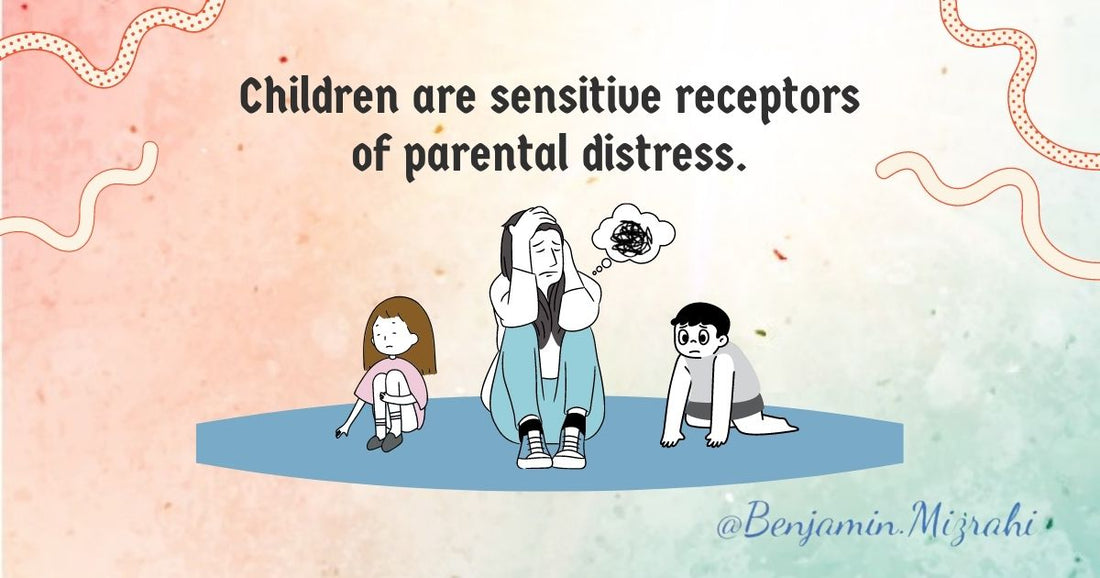
How Parents Affect Their Child’s Mental Health
Share
When parents are stressed out or dealing with emotional issues such as anxiety, anger or depression, they must be extra careful about what they say and how they act at home, so as not to affect their kids.
Children pick up on their parents’ moods more easily than you might think. When kids see that their parents are stressed, tired, angry, upset or irritated, they can’t help but experience that negative energy as well.
If it happens often enough, this negativity may affect the children’s emotional and cognitive development. In time, parents may find that their kids can’t relate to them or no longer want to spend time with them. They may stop sharing their problems with them or find it hard to express themselves verbally at home.
It may also impact physical aspects of your child’s life. Struggling to find enough energy to leave the house or being habitually late when dropping off your child for school or appointments could jeopardize their standing in school. In turn, academic struggles may lead to negative feelings often associated with mental health disorders.
These situations are often stressful for both parent and child and can deteriorate a relationship, leading to abandonment issues or problems with trust. Be upfront with your children and talk to them about mental health. Explain what it is and that treatments exist. Use your words carefully and avoid labels.
You should also be open and honest with how you both verbally and nonverbally communicate. Children are smarter than we give them credit for and can pick up on cues. Don’t feel selfish if you need to prioritize getting help over caring for your family. Without you at full strength, your family will struggle to get by even if you’re physically present.
Coach Benjamin Mizrahi. Educator. Learning Specialist. Family Coach. Father. Husband.
More articles on Mr Mizrahi's Blog - Benjamin Mizrahi
